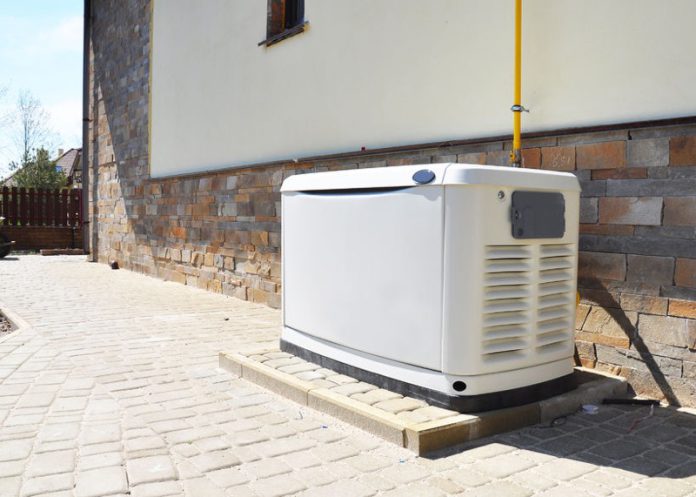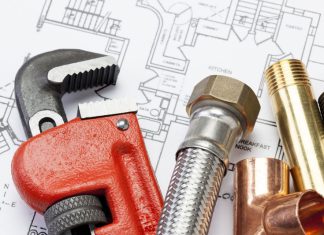Sump pumps are connected to power outlets and generally hidden in the corner of the basement, and are, therefore, thought to be working by default. However, remember that there are good chances you will suffer from a power outage in heavy rain. This will prevent your equipment from performing, resulting in a flooded basement. In such cases, you will need a generator as a power backup. Investing in a generator for sump pump is an essential investment that can prevent you from spending in the form of flood damage repair costs.
Why Should You Buy A Backup Generator?
A sump pump is a vital device you must install in your basement because it helps prevent water from accumulating in the area and saves you from flood damage and repair costs. You can scout the market for different sump pumps and select one best suited to your basement size. The pump’s outlet will be away from your house, into a sump pit, preferably into the ground, pumping away any water from your home.
The following reasons why you should buy a generator as a backup power source for the pump.
1. Prevent Water Accumulation
A sump is a pit or basin connected to a hole in your basement floor, wherein any water from the basement collects. It helps pump out the excess water from your basement that may have accumulated because of heavy rain in the pit. The pumps are connected to a power outlet and have water level sensors. They start pumping out any water if the water levels rise. However, if you have a power outage, the pump will be unable to work. A generator for sump pump ensures that your device is running in a power outage, preventing any water from accumulating in your basement and saving you from surprises.
2. Avoid Flood Damages
With a generator, you ensure that your sump pump is running continually. Sump pumps are most needed when there is heavy rain or hurricanes, during which power outages are expected. The generator will ensure you do not have to wait for power to restore to pump out water from the basement. Without a generator, your basement may be flooded for quite a while before power is restored. This can cause damage to the wood, generate mold, and even put your house at risk of short-circuiting due to electrical appliances in the flooded basement.
3. Run Other Appliances In Emergencies
A backup generator will run your sump pump and other appliances in an emergency. Buy a generator that is at least 20% higher in power than the starting wattage of your pump. This ensures that you can connect some lights, fans, or other emergency equipment in case of bad weather, which brings in a prolonged power outage. Generators could even help run your fridge to prevent food from getting spoiled.
4. Save Costs
A backup generator saves you from damage repair costs which can amount to a high figure, by preventing flooding of your basement. Moreover, generators run on either gasoline or propane and can run for long hours. This is more cost-efficient than other alternatives, such as a backup or battery-powered sump pump, which can be a heavy investment.
Conclusion
Sump pumps are essential equipment to have in your home. Adding a generator to it creates a foolproof plan for preventing your basement from getting flooded and any water damage. Select a generator that covers the power required for your sump pumps and has a low noise level. Store it in a shed outside your home to prevent fumes and noise disturbance.















